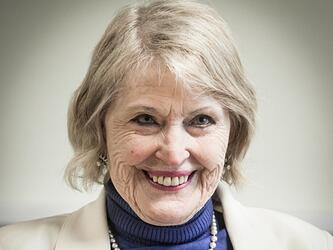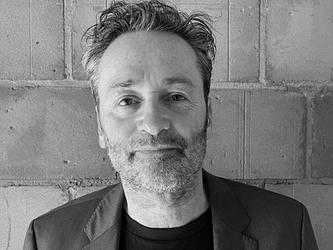Liz Nelson in seven
1. What’s been the biggest change for women in the industry since you started your career?
I never found any anti-female attitudes from the day I went into market research at Mars. I don’t know why; it could be that interviewers were all women or, more likely, that – during the war – market research was done by government departments and they were female statisticians.
2. What was the main challenge you faced in the beginning?
Dealing with banks – we needed capital to start. The people who helped us most were Clarks shoes. I was doing a lot of research for them and they just switched to paying the new firm rather than the old firm. The banks were tricky; they asked a lot of questions. They hadn’t a clue about market research. There was an ignorance of the whole profession, and that’s changed.
3. What’s your view on the influx of private equity into market research?
I think the private equity business is totally wrong. Companies should be owned by employees; such companies have the longest-serving employees and are probably the happiest firms. In the earlier decades, who you dealt with and the contacts you had inside a company mattered a lot – there was more personal service to individuals in the client companies. Maybe it’s a pity that’s changed.
4. How can agencies foster that personal touch?
When a new person joins a client company, it would be ideal if they could spend maybe two months in a research company, seeing how data is presented. I had that. I’d been at Mars, which was my initial training, but then to go into an organisation such as Mass Observation – I can’t tell you the clash of cultures. Both have a lot to offer, and I would like to see more trainees spend time in research agencies. I think it would be so good for both parties.
5. There is an increasing emphasis on short-term objectives. What’s the implication for research in that context?
Well, you can lose a client – and I have – if you push the fact that they should be thinking longer term. Strategic and business planning has got to look at least three years ahead and, tragically, companies in general – not just in research – don’t consider various scenarios for different economic situations. Over the next five years there’s going to be huge change in market research, and are we ready for that? How many away days are there discussing the future of the company and training your employees to think about how they will have to change?
6. Are there skills from the past that could benefit the business today?
Shell was a wonderful client; you were truly brought into the business strategy of the company, so we were very active in dealing with future scenarios. It was a marvellous opportunity, because all sorts of people contributed to the thinking on how to react to changing circumstances – I wish that happened more. I still worry most about qualitative research. We need very different skills for qual, and are we really recruiting creative types? Because it’s just so important – it’s where researchers learn to use their intuition. It’s sad that, in some ways, data is the all-important thing, not the quality of response.
7. If you could begin your career again, what would you do differently?
Training wouldn’t just be about research techniques; it would be on how to develop long-term relationships with clients, and how to deal with long-term data and the massive intelligence that can come from data 30 years ago. There’s so much wisdom to be gained from looking at past data. I was very fond of dealing with market research data, but I couldn’t say the same about management problems. I wish somebody had made management decisions fascinating to study. Now it happens in business schools, but I wish it had happened in my generation.
This article was first published in the April 2020 issue of Impact.

We hope you enjoyed this article.
Research Live is published by MRS.
The Market Research Society (MRS) exists to promote and protect the research sector, showcasing how research delivers impact for businesses and government.
Members of MRS enjoy many benefits including tailoured policy guidance, discounts on training and conferences, and access to member-only content.
For example, there's an archive of winning case studies from over a decade of MRS Awards.
Find out more about the benefits of joining MRS here.













1 Comment
Crispin Beale
6 years ago
A remarkable lady who has done so much for our profession. The archive is fundamental to helping us all learn from the past and stop re-inventing the wheel; However, sadly, it is still not being used by enough of the marketing/business community. Well done MRS for your continued promotion of this important initiative.
Like Reply Report